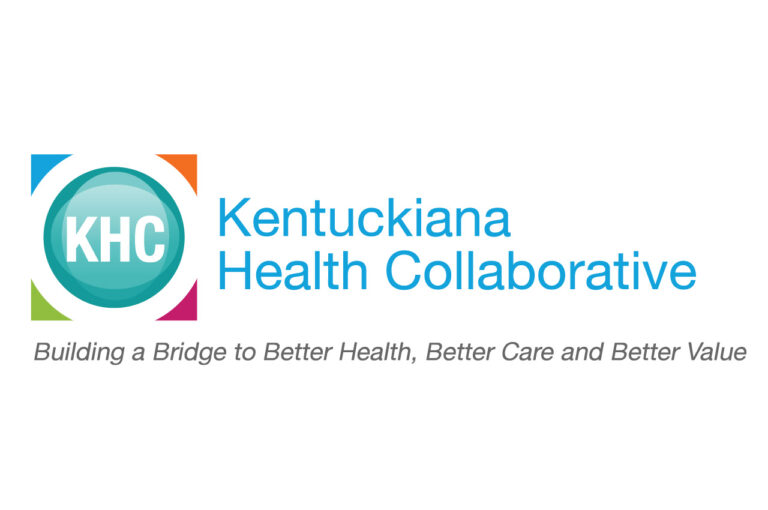A few years ago, my mom had neared the end of treatment options for a serious and life-threatening condition. When the FDA approved a drug we had been watching closely, our family was thrilled that her medical team acted quickly. At the same time, the status of my mom’s employer-sponsored supplemental health insurance was in jeopardy, with a company bankruptcy lurking. The intersection of employer viability and healthcare coverage had just become very personal.
We all want access to these breakthrough biologic and specialty drugs that are changing the course of complex, rare, and previously untreatable conditions. With more of these drugs in the research pipeline, accounting for about half of all FDA approvals, employers need a strategy for managing specialty drugs.

At the KHC’s first employer round table of the year, Kentuckiana employers gathered to discuss what they can do to most eff ectively manage specialty drugs and healthcare benefits. Larry Boress and Cheryl Larson of the Midwest Business Group on Health (MBGH) lead the National Employer Initiative on Specialty Drugs project and facilitated the interactive discussion, held at Ford’s Louisville Assembly Plant.
One of the biggest challenges for employers is managing the higher costs of specialty drugs. Kentuckiana employers were asked to bring their company’s data on recommended key metrics for specialty drug utilization and spend. Polling during the meeting showed that the largest portion of local employers pay 21-40% of their drug spend on just 1-2% of their population. Inflammatory illness, oncology, Multiple Sclerosis, and Hepatitis C were identified as the top conditions for specialty drug utilization.

Costs could reach $400 billion, or 9.1% of national health spending, by 2020 according to a report by United Health Group. According to the MBGH’s research with employers across the nation, the most effective strategies for managing costs and improving outcomes for persons on specialty drugs are:
- Requiring use of a specialty pharmacy
- Requiring prior authorization for pharmacy claims approval
- Providing patient support and case management

“The specialty drug employer round table generated dialogue that was extremely valuable. The environment is ever changing and staying abreast of the potential impact is key to managing the costs, while ensuring our employees and their families maintain a healthy, productive lifestyle,” said Amanda Elder, Wellness Coordinator, LG&E KU.
According to the MBGH’s annual national employer benchmarking survey, the top three national healthcare benefit priorities in 2017 are 1) managing specialty drugs, 2) creating a culture of health, and 3) improving benefits communication. These priorities also made the top five local priorities, along with outcomes-based contracting and benefits cost management. Employers are becoming bolder in their efforts to manage healthcare. The Healthcare Transformation Alliance is a group to be watched in this space and can be heard at the KHC’s 3rd Annual Conference on March 15.
There is no doubt that specialty drug management will continue to grow as a top priority for employers.






